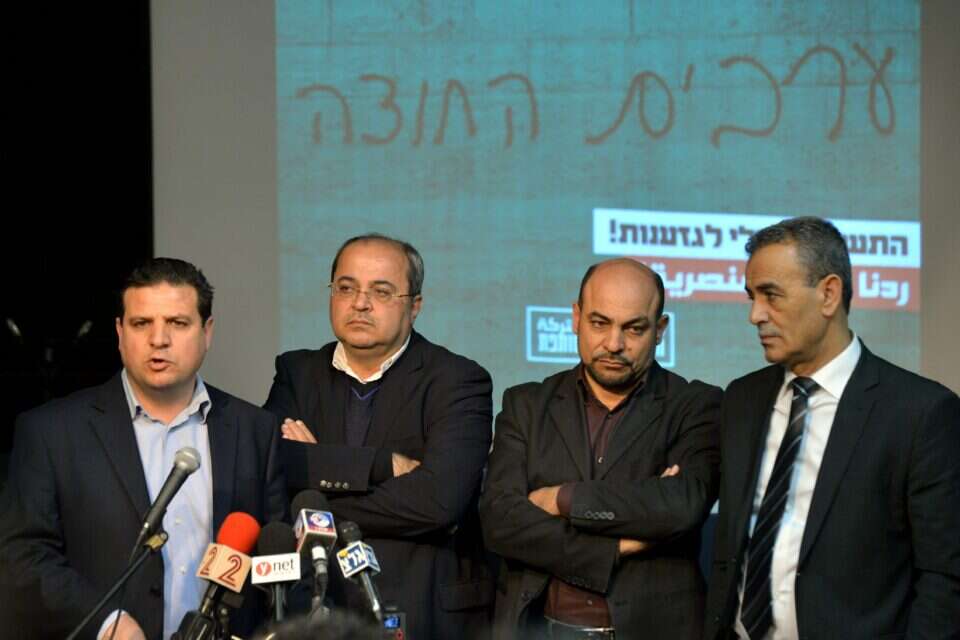There has been a great deal of tension in recent weeks in the three parties that make up the joint list, and it will increase as we progress toward closing the lists of candidates for the Knesset.
Although the party representatives officially talk about the "need for unity" and preventing Netanyahu from returning to power, everyone is tense about the distribution of the first ten seats.
The controversy paints the representatives of the Arab public in the Knesset as self-interested and egoistic and alienates many voters.
On the other hand, this proves that the joint list project, which reached an unprecedented achievement in the 2019 elections when it also included the RAAM party, is not a project of uniting Arab minority representatives as a national and ethnic minority, but rather a loot distribution whose partners operate as a closed club.
It can be said that there is a trend of a boycott, which will undoubtedly characterize the elections to the 25th Knesset in Arab society in Israel, and that the vast majority of the Arab public will not participate in the next elections, not only for ideological reasons but because of apathy and despair.
The feeling is that the Arab voice has no influence in the coalition, certainly not in the opposition, and it has been and will remain in every constellation on the political fringes.
Here it can be said that the right in Israel, the one fighting to return to power, can be calm, and the representatives of the Arab public - at best will keep their numbers, and at worst will drop by almost half of the current Knesset members.
The volume of voting in Arab society will reach about 40 percent according to all forecasts.
The Arab public in Israel - certainly also the representatives of the Arab parties - sees and feels its great disappointment with politics, and especially the almost ineffective activity on dominant issues in the Knesset, and on the other hand sees the anti-Arab discourse and criticism from the right against Arab integration in the coalition, and even the opposition.
The challenge of the joint list, especially of Speaker Ayman Odeh, is more internal than external, and he is already facing harsh criticism, especially from Balad representatives, many of whose key activists are already calling for a substantial boycott of the Knesset elections.
There are also voices from Balad, talking about running on an independent list - which at best will get a few tens of thousands of votes, and will not pass the blocking percentage - but the goal is to put heavy pressure on their members to get some of their terms. The main requirement is armor. Of two seats in the real places, ie: in the opening quintet, which in the current constellation will not materialize, since Balad is the smallest party on the joint list, in contrast to its Hadash three representatives, and Ta'al - its two.
Were we wrong?
Fixed!
If you found an error in the article, we would love for you to share it with us

